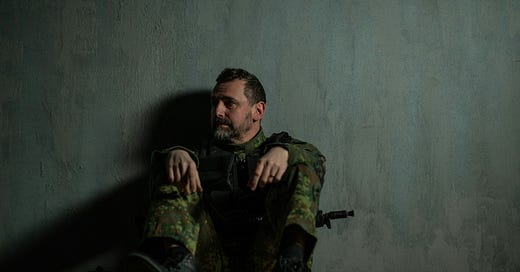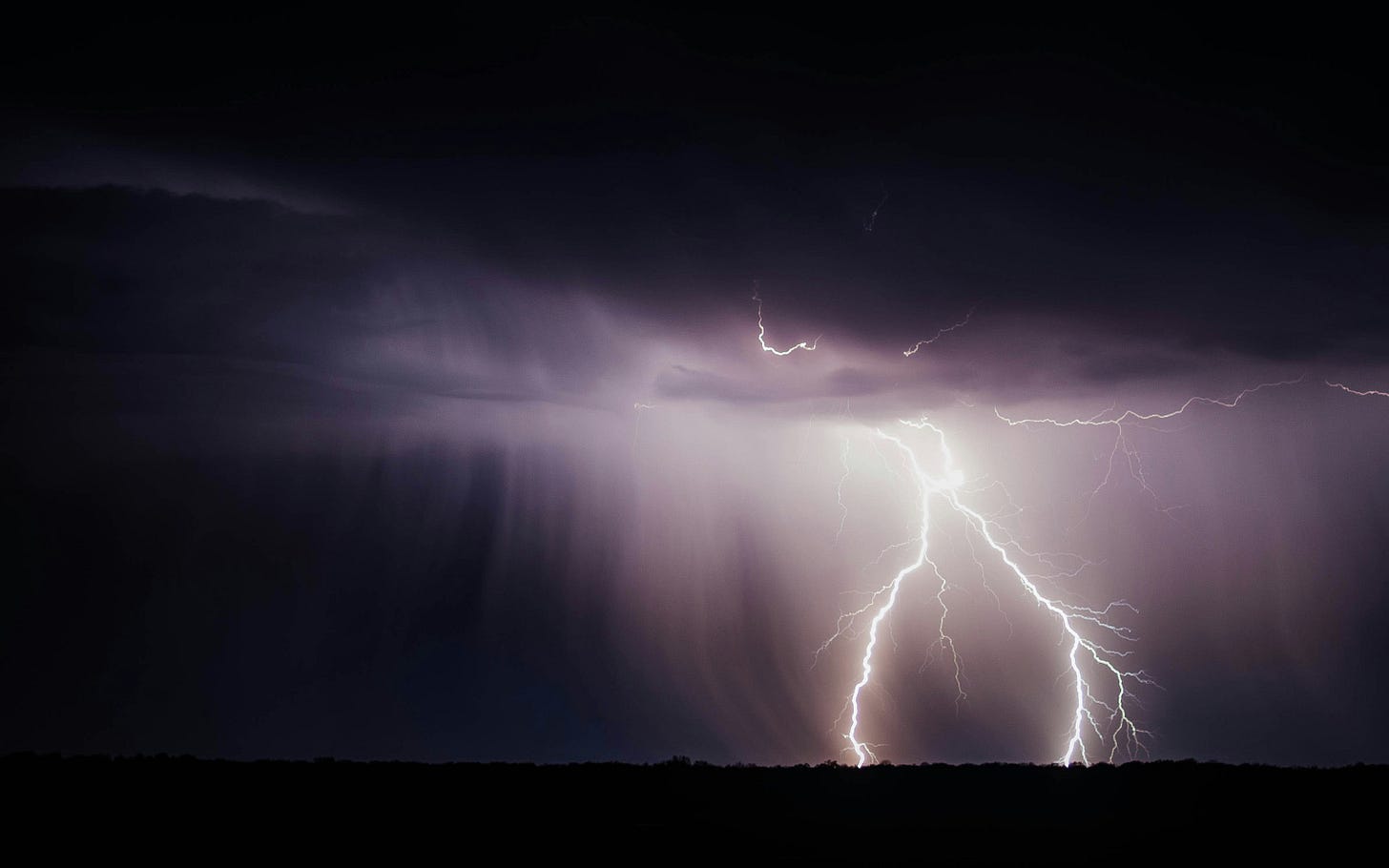I am currently preparing for the next round of an online postgraduate course that I teach at Tallinn University, Estonia, called Gratitude in Practice. I have recently met the tutor who will be working with me on the course this time, Karyna. She is a Ukrainian refugee who is now living in Estonia, and doing her PhD on how Ukrainian children are faring in Estonian schools. But the horrors of the war from which she has escaped are ever-present, as well as the anguish she feels for her family and other loved ones who are still living in Kyiv.
My course is taught through a book club on my book, Untangling you: How can I be grateful when I feel so resentful? Karyna started our conversation by saying that she has read the first few chapters and is afraid she may not be the best person for the role as she can’t really make much sense of it in light of what she and her country are experiencing. Not only is she heartbroken about the constant missiles and death and suffering, but also the fact that most of the rest of the world appears to just be looking on without seeming to care.
Of course, she is absolutely right in asking how gratitude could be applied to the horrors of the Russian invasion of Ukraine. How could I possibly think that she could be grateful to the regime and its soldiers, with the senseless and brutal killing of so many, or the seeming neglect of people around the world who don’t seem to care? “They don’t deserve my gratitude!”, she proclaimed.
Karyna’s question highlights what some call ‘misplaced gratitude’, as it calls into question our moral orientation to the world. It seems perfectly natural and righteous to condemn the actions of those who have inflicted harm – a position in glaring contrast to a grateful response. To recommend that we find gratitude in the midst of such injustice seems to not only make light of the situation, it’s also a dangerous move because it makes us ignore what’s really going on.
Karyna seemed to be a little reassured after I suggested a different way of facing this dilemma. When we are suffering, let’s not try to go to the eye of the storm to find our gratitude. Let’s not try to find gratitude where it’s impossible to find it.
This is important because it’s quite natural, and very common, for us to think that if we can’t find gratitude in the places where it seems impossible, or some would say immoral, then this diminishes the power of gratitude. We might wonder that if gratitude doesn’t work for us in all situations, what power or use does it actually have? However, gratitude never held up the promise that it could be easily applied to all situations at all times.
There may also be a lurking perfectionist in us who feels that if we can’t be grateful in all situations, and can’t practise it perfectly, then what’s the use of trying? We may be guarding against feeling like a failure in our gratitude because we can’t find it in all situations, so we give up on accessing it at all.
So the wiser place to look for gratitude is where we can find it. Easily.
We can grow our gratitude for what we can be grateful for and consciously develop this by noticing it as much as we can; writing it down (especially at night for better sleep); talking about it with others; smiling about what we are grateful for; uttering the words ‘thank you’; feeling the emotion of gratitude fill our hearts; embodying it in whatever way we can; expressing it to others through actions; doing whatever we can to make it big and noticeable. It starts out as a small light in the dark that can help us see our way through our pain and suffering.
Despite all of Karyna’s pain and suffering, I heard in our conversation how much gratitude she has for other things in her life. She spoke effusively of her gratitude for the Ukrainian soldiers, who were fighting so selflessly out of love for their families and their country; the many volunteers doing invisible jobs supporting the war effort; the Estonian government and its people who have made her feel not only welcome but given her, and so many other Ukrainians, opportunities to study and have a career.
In times of adversity, it’s helpful to find our own personal reason for why gratitude is important to us at this time. This can give meaning and purpose to our gratitude practice, and help us to keep going with it even when we find it difficult to do so otherwise.
Research shows that, among other things, gratitude helps to turn our attention to the good deeds of others and increases the experience of higher levels of perceived social support. It can promote personal resilience and wellbeing; it is a powerful coping strategy in times of stress and lowers levels of depression; and, importantly, gratitude can offer meaning in life when facing trauma as well as being a protective factor when experiencing PTSD symptoms.
But for us to practise gratitude in the midst of immense difficulty, we have to find a way of letting go of the belief that if we feel grateful for it, we are somehow minimising the significance of the suffering of others, or condoning the ever-present injustices. We can hold both gratitude for what we can be grateful for and a sense of abhorrence or disappointment for what is going on. One does not wipe out the other. As I explored in a previous post, How can I be grateful when I don’t feel grateful, gratitude is not meant to compete with other feelings, nor should it be held up as ‘good’ while calling other emotions ‘bad’.
Sometimes we need to retreat from the world to be able to reflect on what we are grateful for or take ourselves out of a harmful situation for a while.
I make the point in the Introduction of my book that it’s about ‘everyday resentments’, not those that arise from personal or collective trauma, wars, violence, gross inequities, degradation or abuse. It’s not that I didn’t believe that gratitude has an important role here, but I’m not there yet with a meaningful and informed response.
However, I welcome Karyna’s question about the role of gratitude in the midst of these larger traumatic resentments, as I feel passionate about finding answers to this question. In thinking and writing about gratitude we can’t ignore its complexity in the midst of so much wide-scale loss, horror and devastation. I certainly can’t teach my course in Estonia without acknowledging that this is happening on their doorstep. For this, and so many other reasons, Karyna is the perfect tutor for my course.






Thanks Kerry, a very timely piece as many of us are feeling anxious about the future in light of the American election result. I think many, including me, are finding solace, and subsequent gratitude, in the beauty of the nature around us, and the relative nurturance we have in a comparatively caring culture and democracy. The solace and gratitude doesn’t compensate for the bigger concern but it does help cope with the anxiety.
This is so opportune, and wonderfully expressed Kerry. It was certainly a light bulb moment for me. I’m struggling with the state of the world but am finding solace in nature. Also I’m much more aware of actions of kindness -both receiving and giving -within my sphere. This gratitude is heightened because of what is happening in the wider world. Some simple kindness directed at me can make me teary at the moment, and but also heightens my awareness of going out of my way to be especially kind to others.